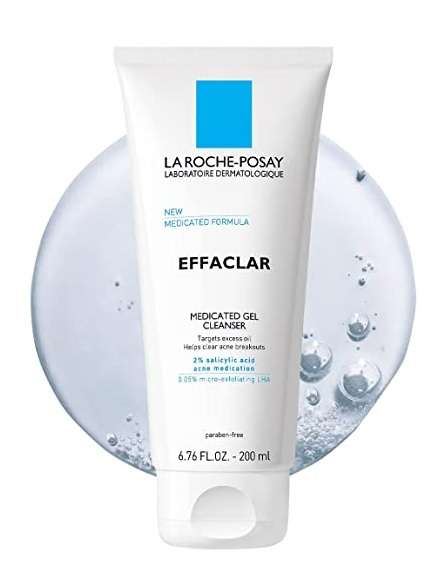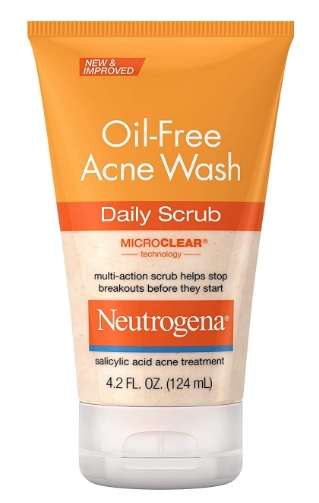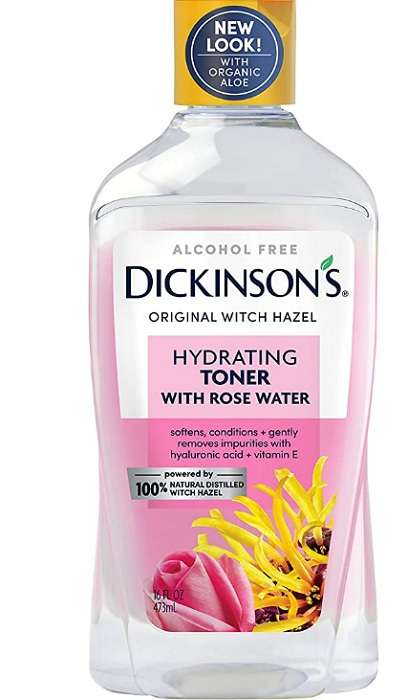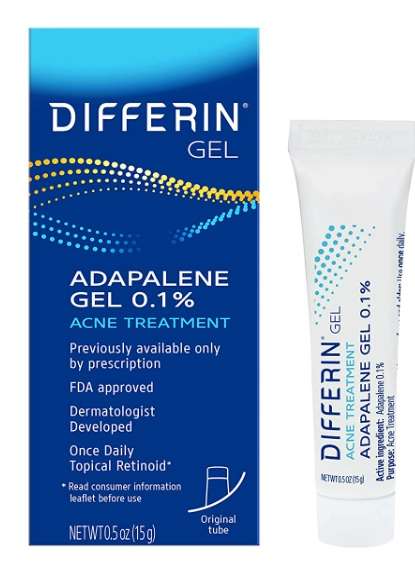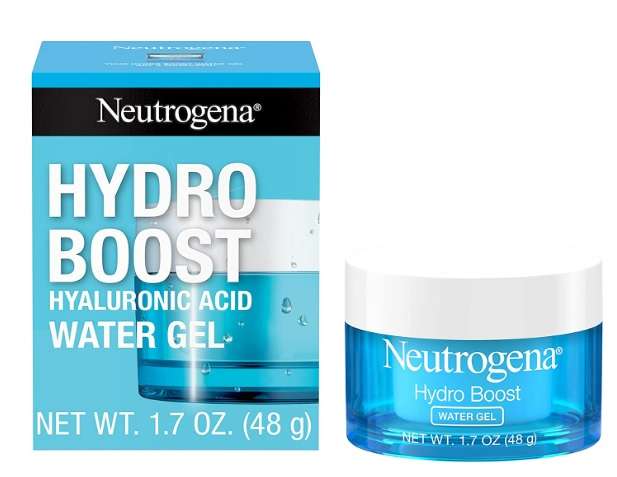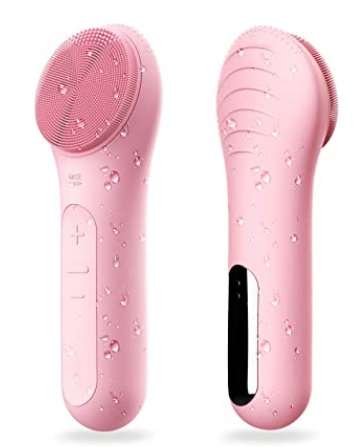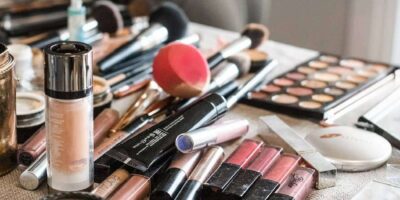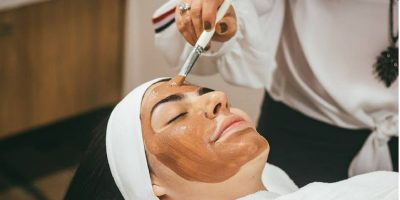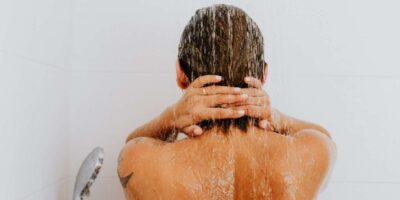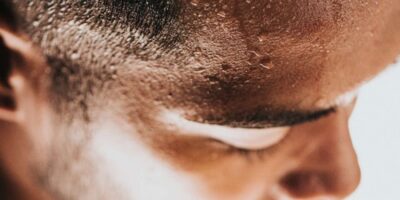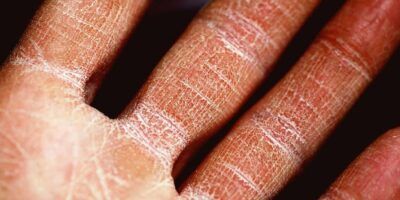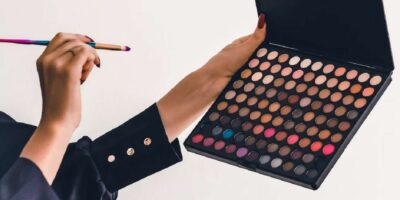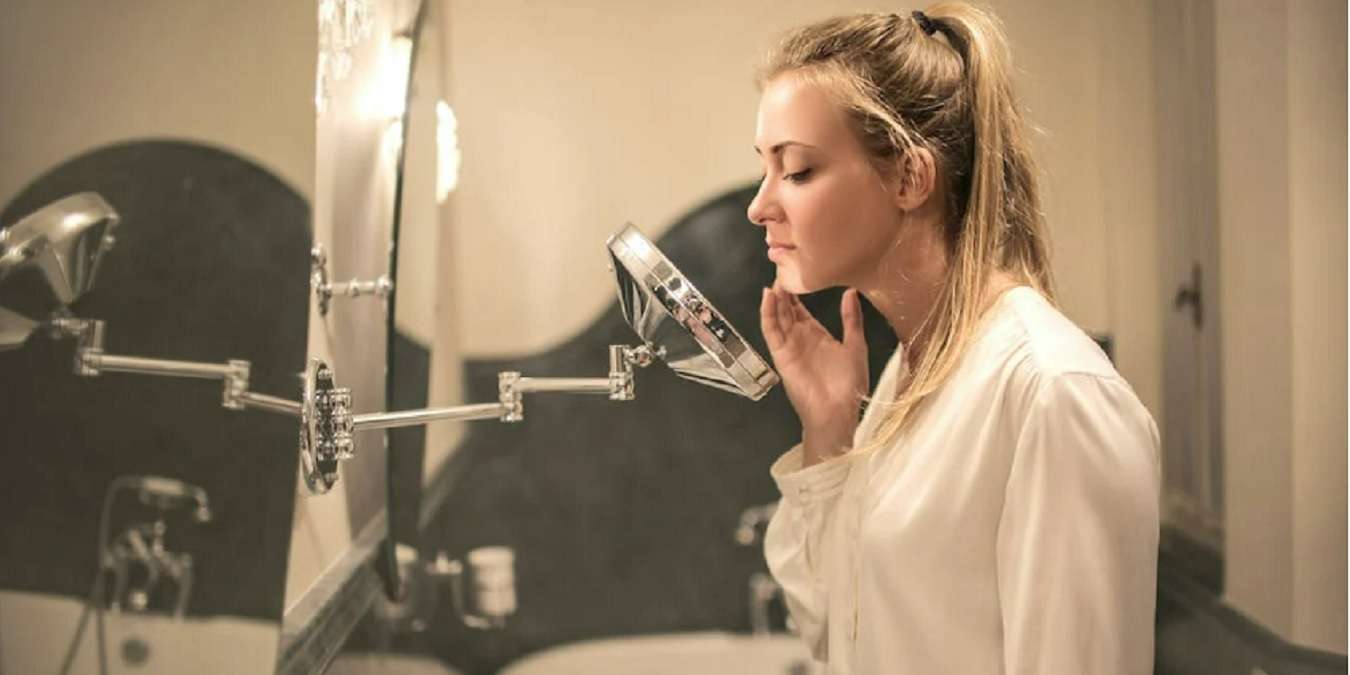
No one loves having acne, but mastering acne-prone skin care can help drastically minimize its impact on your life. The right products and lifestyle changes are often all it takes to prevent future zits to clear away the scars of past breakouts. So stop hiding your acne and start treating it.
Understand the Type of Acne
There are multiple types of acne, which you can learn about here. Mild acne, such as your typical whiteheads and blackheads, are the easiest to treat at home. In fact, you can often use home remedies to get results. Acne-prone skin care for moderate to severe acne, such as cystic acne, requires more intense treatments, including prescription-only medications.
Lifestyle Changes

While stress itself won’t magically cause a breakout, it causes extra cortisol to be released. This causes your skin to produce more sebum, leading to clogged pores and acne. Take steps to try to reduce your stress as much as possible. A few things to try include:
- Yoga
- Meditation
- Exercise (make sure to wash off the sweat to avoid breakouts)
- Getting enough sleep
- Enjoying your favorite hobby
Naturally, stress isn’t the only cause of acne. If you’re dealing with hormonal acne, you can try reducing your stress and getting plenty of sleep. Usually, it requires over-the-counter products to fight the breakouts.

Outside of hormones and stress, there are still several things that contribute to breakouts. Stopping these may very well reduce and even prevent acne completely:
- Using pore-clogging face treatments, such as facial lotions and makeups. Always look for noncomedogenic and products specifically formulated for acne-prone skin.
- Leaving sweat and oil on your face. You should always wash acne-prone skin twice a day to remove excess oil and open clogged pores. If you workout or get sweaty, wash your face immediately afterward as well.
- Wearing tight clothes. While they might look great, they also trap dirt and bacteria against your skin. If you’re going to be sweating much, wear looser fitting clothing and wash up as soon as possible afterward.
- Embracing an unhealthy diet. Excess sugar, processed foods, smoking, and even alcohol can all contribute to breakouts. Even when unhealthy foods and drinks don’t cause acne directly, they negatively affect your skin’s health, which makes it harder to fight and heal from acne.
Creating an Acne-Prone Skin Care Routine

The first step is any great acne-prone skin care routine is washing your face correctly. I know it sounds straightforward – soap + water = clean. But, as you already know, acne-prone skin is stubborn and sensitive. Use these tips to wash your face without ruining your skin (this is for everyone, even those lucky enough to not deal with zits).
Choose the Right Acne Fighting Products
For mild to moderate acne, you may prefer to start your fight with over-the-counter products. Sometimes, these are all you need and they’re often gentler on the skin. If you have cystic acne, severe acne (over 100 lesions on your face/body), or massive modules all over your body, please go to a dermatologist immediately.
Cleanser Ingredients
The most effective acne cleansers have at least one of the following: salicylic acid, benzoyl peroxide, a gentle exfoliant, peptides, ceramides, green tea, aloe, vitamin C, or niacinamide. Most dermatologists recommend using a cleanser with salicylic acid for day time and a benzoyl peroxide cleanser at night or vice versa, since each treats acne differently.
Some options to try include:
- La Roche-Posay Effaclar Medicated Gel Cleanser with Salicylic Acid
- CeraVe Acne Foaming Cleanser with Benzoyl Peroxide, Hyaluronic Acid, and Niacinamide or try the CeraVa SA Cleanser with Salicylic Acid
- Differin Acne Face Wash with Benzoyl Peroxide
- Neutrogena Oil-Free Acne Fighting Face Wash with Salicylic Acid
Exfoliating Products
You should only use physical exfoliating products 1-2 times per week on acne-prone skin. Otherwise, it can be too irritating and make a nasty situation even worse. For chemical-based (glycolic acid, citric acid, lactic acid, etc.) products, start with a few times a week and build up as your skin builds a tolerance. Some products may still be too potent for sensitive skin. For best results, only use these products at night as they can make your skin more sensitive to sun damage.
A few great options to try include:
- Neutrogena Oil-Free Acne Scrub or Neutrogena Deep Clean Gentle Scrub for a gentler option
- Botanic Tree Glycolic Acid Face Wash
- CeraVe Skin Renewing Nightly Exfoliating Treatment
Toners
Toners aren’t a must, but if you suffer with really oily skin, they can help reduce oil and better cleanse your pores. These may include common acne-fighting ingredients or be more basic and gentle, such as alcohol-free witch hazel. Some of your best options include:
- Neutrogena Oil-Free Acne Stress Control Triple Action
- La Roche-Posay Effaclar Clarifying Solution
- Dickinson’s Witch Hazel with Rosewater
Treatments
The most important step of all is the actual treatment. Previous steps may be free of common acne-fighting ingredients, but for this step, you need a product with salicylic acid, benzoyl peroxide, alpha hydroxy acids (AHAs) which usually include glycolic and lactic acid, adapalene, sulfur, tea tree oil, or azelaic acid. Some of the top OTC treatments include:
- Differin Gel with Adapalene
- Mario Bodescu Drying Lotion
- La Roche-Posay Duo Dual Action Acne Spot Treatment
- Neutrogena Rapid Clear Stubborn Acne Spot Treatment
You can also add serums for more concentrated doses for extra stubborn breakouts and to fade dark spots, such as L’Oreal Paris Revitalift Pure Vitamin C Serum and Bliss Clear Genius Clarifying Toner and Serum.
Moisturizers
Finally, always use a great moisturizer. Acne treatments often dry out the skin as part of the process. Of course, dry skin can cause more zits and also makes it harder for existing pimples and scars to heal. A few great options include:
- Differin Night Cream with Hyaluronic Acid
- Cetaphil Mattifying Face Moisturizer or Cetaphil Dermacontrol Oil Absorbing With SPF 30 (great for day)
- Neutrogena Hydro Boost Face Moisturizer
Tools
As a final option, there are also a wide variety of tools to handle everything from deep cleansing to popping pimples (which should never be done with your fingers). While not absolutely necessary, they can help with your acne-prone skin care routine. A few tools you might want to add include:
- Taythi Pimple Popper Tool Set
- Sonic Facial Cleansing Brush
- Innerneed Soft Silicone Facial Cleansing Brush
- Olay Regenerist Facial Cleansing Brush
Frequently Asked Questions
Why am I breaking out more?
When you start a new routine, your skin purges all the nastiness. This may lead to a worse breakout for the next few weeks. If it’s too bad or it continues longer than 2-4 weeks, it’s time to try a new product.
How will I know which products are right?
Treating acne is kind of a trial and error process. Using acne kits is often the best start since they’re made to work together. Or, create what works for you. You can also consult a dermatologist for personalized recommendations.
Image credit: Pexels
